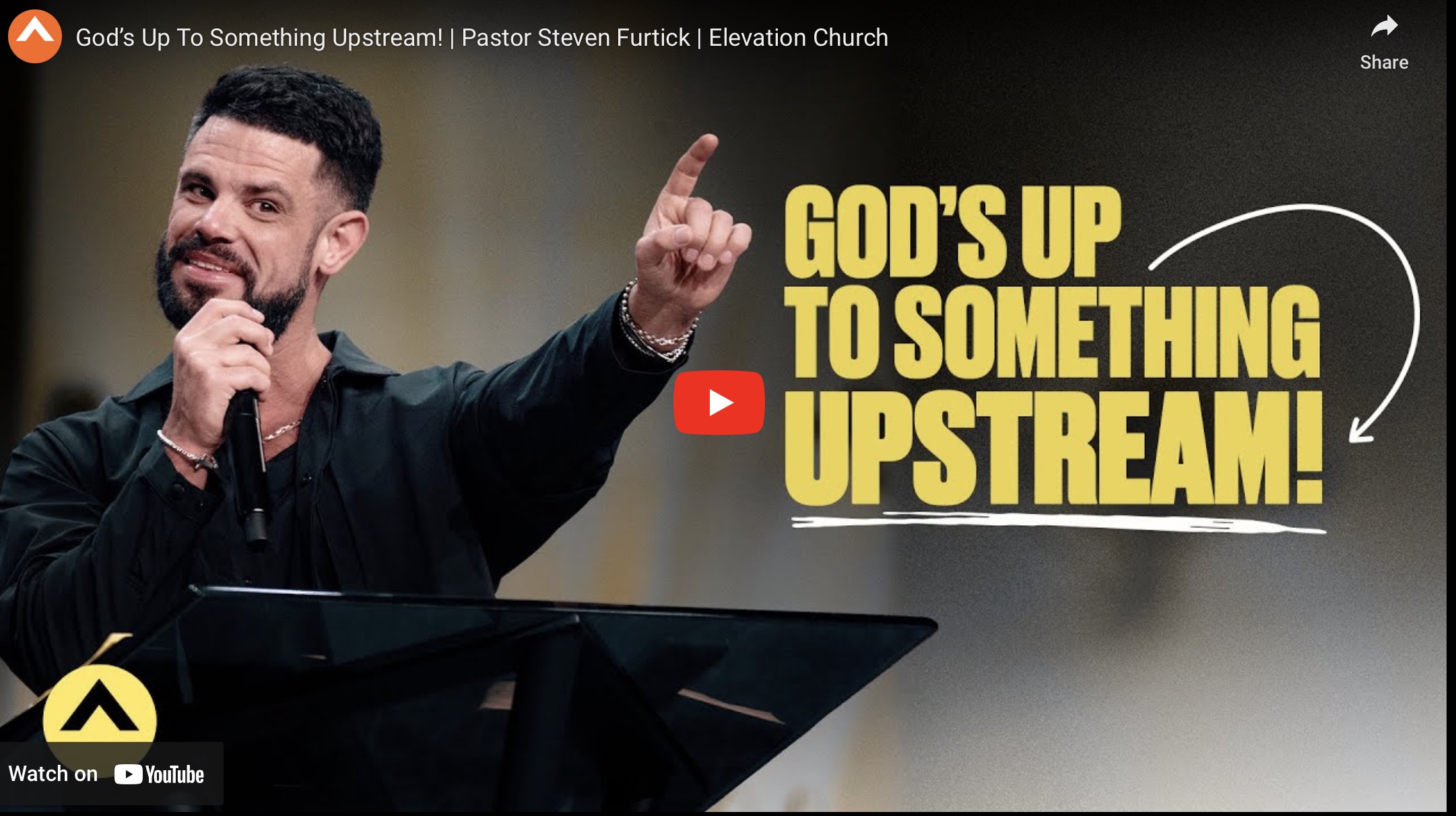Modern Perspectives on Faith and Spirituality
In the digital age, our understanding of faith and spirituality has evolved, as individuals and communities around the world have found new ways to explore and express their beliefs. The internet and social media have given rise to an unprecedented diversity of voices and perspectives on religious matters, enabling more inclusive and engaging conversations about faith.
- Interfaith dialogue and understanding: The digital world has facilitated a greater exchange of ideas and perspectives among individuals from different religious backgrounds. Online platforms such as ‘Interfaith Voices’ (https://www.interfaithradio.org/) and ‘Patheos’ (https://www.patheos.com/) provide spaces for individuals to engage in interfaith dialogue, fostering understanding and respect among diverse faith communities.
- Spiritual but not religious: The digital age has also given rise to a growing number of individuals who identify as “spiritual but not religious” (SBNR), who seek meaning and connection outside of traditional religious institutions. Websites like ‘Spirituality & Practice’ (https://www.spiritualityandpractice.com/) and ‘The Chopra Center’ (https://chopra.com/) offer resources and guidance for those exploring alternative spiritual paths.
Integrating Technology with Religious Beliefs
The integration of technology with religious beliefs has become increasingly common, as individuals and communities seek to harness the power of digital tools and platforms to deepen their connection with the divine and enhance their spiritual lives.
- Prayer and meditation apps: As previously mentioned, prayer and meditation apps such as ‘Calm’ (https://www.calm.com/), ‘Abide’ (https://abide.co/), and ‘Pray.com’ (https://www.pray.com/) have become popular tools for integrating technology with religious practices, helping individuals engage in daily spiritual disciplines.
- Virtual religious spaces: The use of virtual and augmented reality technologies has led to the creation of immersive, interactive religious spaces, such as virtual worship services and sacred spaces. ‘VR Church’ (https://vrchurch.org/) and ‘AltspaceVR’ (https://altvr.com/) offer virtual reality platforms where individuals can attend religious services and gatherings, while apps like ‘Sacred VR’ (https://www.sacredvr.com/) allow users to explore sacred sites and spiritual landscapes in virtual reality.
- Religious social media influencers: The rise of religious social media influencers has further demonstrated the integration of technology with religious beliefs. Influencers such as ‘Sadie Robertson’ (https://www.instagram.com/legitsadierob/) and ‘Jefferson Bethke’ (https://www.instagram.com/jeffersonbethke/) use platforms like Instagram and YouTube to share their faith journeys and inspire others, reaching millions of followers worldwide.
Ethical Considerations in the Digital World
As technology continues to reshape our spiritual landscape, it is essential to consider the ethical implications of integrating digital tools and platforms with our religious beliefs and practices.
- Privacy and data security: The collection and use of personal data by digital platforms raise concerns about privacy and data security. Individuals must be mindful of the information they share online, and religious organizations should ensure they are protecting their members’ privacy by adhering to data protection regulations and best practices. ‘Electronic Frontier Foundation’ (https://www.eff.org/) is an organization that promotes digital privacy and security.
- Digital addiction and mental health: Excessive use of digital technology can lead to addiction, mental health issues, and social isolation. It is essential to strike a balance between leveraging technology for spiritual growth and maintaining healthy digital habits. Resources like ‘Digital Detox’ (https://www.digitaldetox.com/) offer guidance on managing technology use and prioritizing mental well-being.
- Misinformation and echo chambers: The digital world is prone to the spread of misinformation and the formation of echo chambers, where individuals are only exposed to views that reinforce their existing beliefs. This can create division and polarization within faith communities. To counteract this, individuals should seek out diverse perspectives and fact-check information before sharing it. Websites like ‘Snopes’ (https://www.snopes.com/) and ‘FactCheck.org’ (https://www.factcheck.org/) can help in verifying the authenticity of the information.
- Online harassment and hate speech: The anonymity of the internet can sometimes lead to the spread of hate speech and harassment, targeting individuals based on their religious beliefs or affiliations. It is crucial for both individuals and faith communities to promote respectful dialogue and foster inclusive online environments. Organizations like ‘HeartMob’ (https://iheartmob.org/) offer support to those experiencing online harassment.
- Ethical use of artificial intelligence (AI) in faith-based contexts: As AI continues to develop and become more integrated with our lives, it is vital to consider the ethical implications of using AI in faith-based contexts. This might include questions around the potential for bias in AI-driven spiritual coaching, the appropriate use of AI in religious decision-making, and the relationship between AI and human agency in spiritual growth. Initiatives like ‘AI and Faith’ (https://aiandfaith.org/) promote the responsible and ethical use of AI in religious and spiritual contexts.
Understanding God in the digital age involves exploring modern perspectives on faith and spirituality, integrating technology with religious beliefs, and grappling with the ethical considerations that arise in the digital world. By engaging with these complexities and opportunities, we can navigate the intersection of faith and technology with discernment, curiosity, and an openness to new possibilities for spiritual growth and connection.


